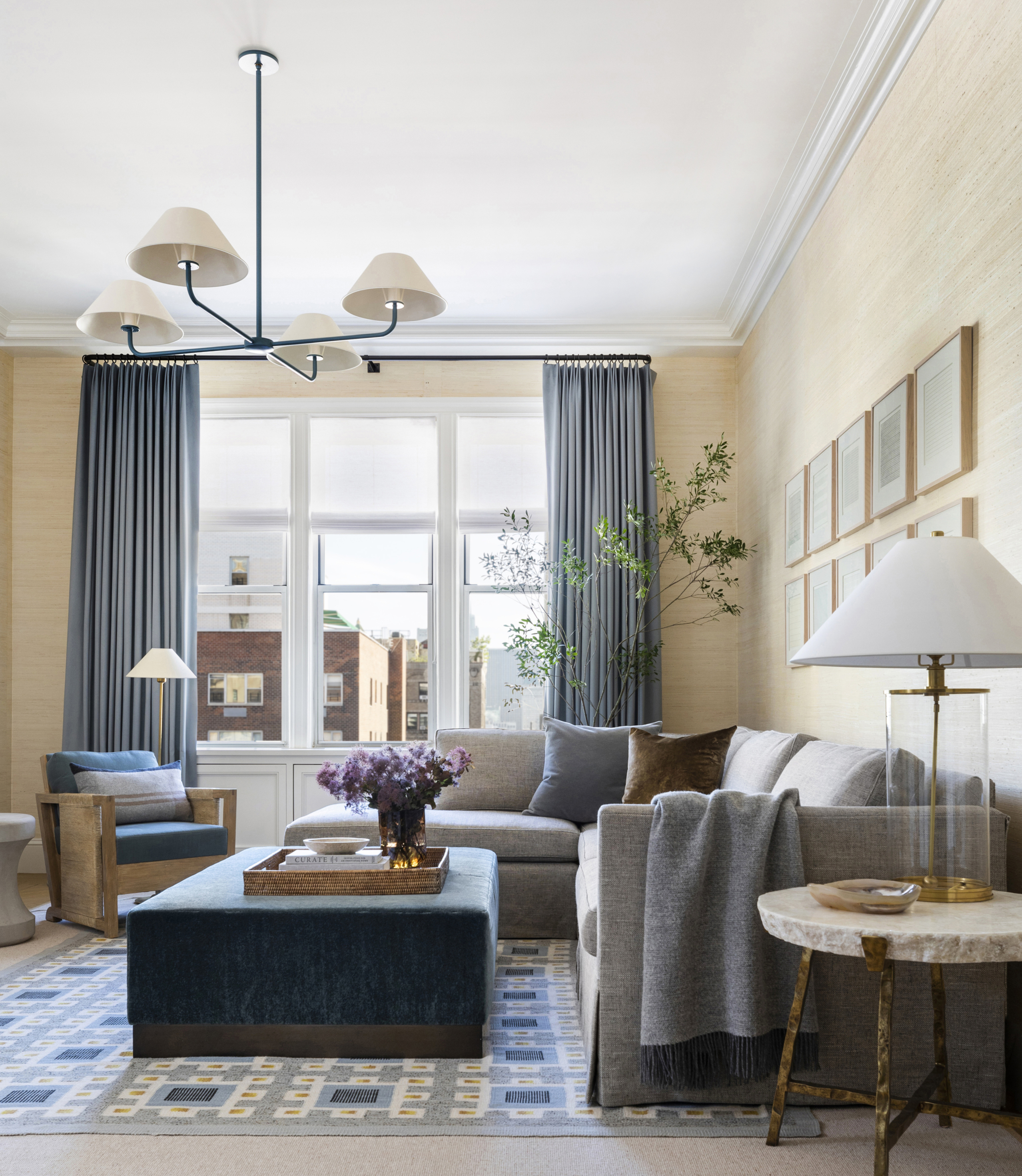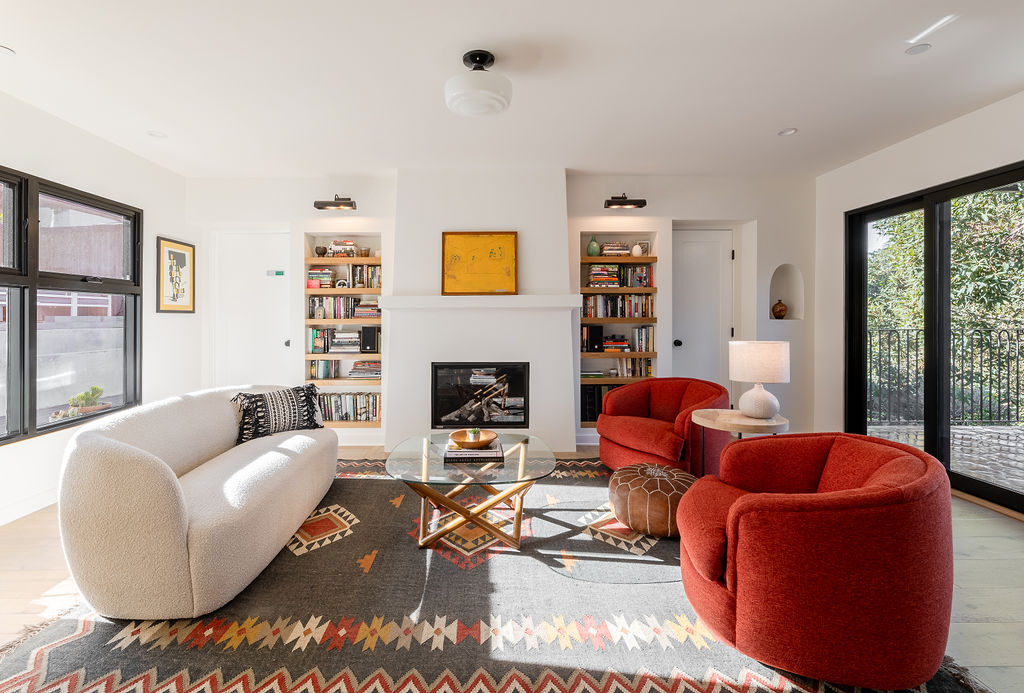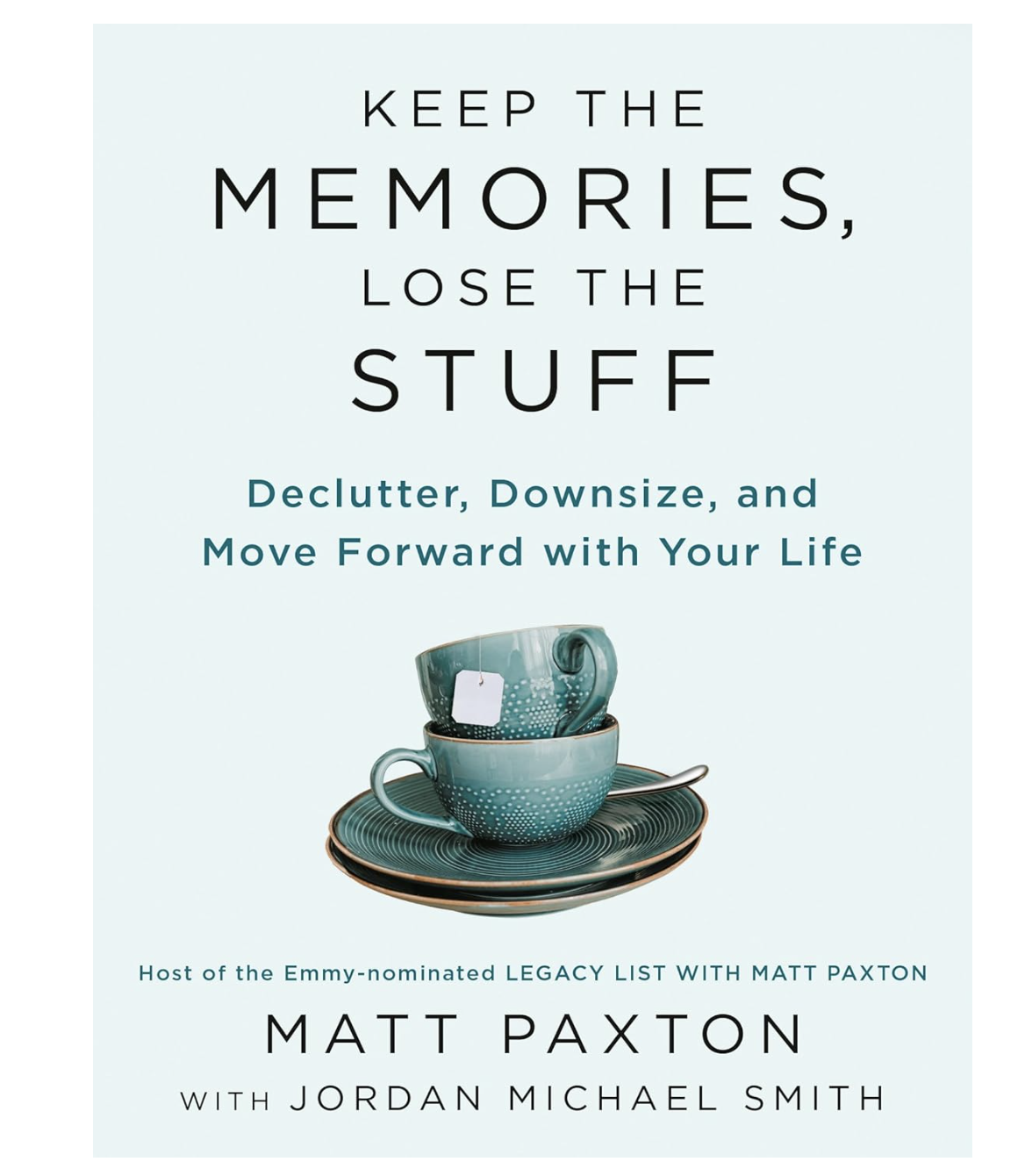
Decluttering can be a daunting task and it’s always tough to carve out time in our busy schedules to get things organized. Not only this, but we can all be slightly guilty of holding on to certain things ‘just in case we need them in the future’.
If you’re finding it hard to know where to start with decluttering your space then you may need to change your mindset entirely. And this shift can make a big difference when it comes to keeping your home - and life - more calm.
What Is A Scarcity Mindset?

Taking decluttering out of the equation, in general psychology a scarcity mindset is the belief that you have limited resources to achieve your goals. What relation does this have to decluttering you may ask? Well, the fear of not having enough or that you may need something in the future is what characterizes this particular mindset when it comes to tidying our homes. It stops you from full embracing proven methods like the 80/20 decluttering method as you're always holding back.
Approaching decluttering in this way can be detrimental to the overall look and feel of our homes, because it can lead to keeping unnecessary items and cluttering certain spaces.
How To Overcome It

A scarcity mindset often leads to holding onto items out of fear of scarcity, loss, or lack. Overcoming a scarcity mindset and decluttering your home involves a shift in mindset and the implementation of intentional habits. Following some strategies can help you overcome this mindset and rid your home of clutter. Di Ter Avest, Professional Organizer and Founder of Di Is Organized, has shared her top tips on how to do so.
Change To An Abundance Mindset
Di suggests ‘trying to shift your focus from scarcity to abundance. Recognize that letting go of clutter opens up space for new opportunities and experiences’.
It’s important to have gratitude for what you already have in your home and to be aware of what is simply taking up space without being useful or bringing you joy.
Visualize Your Ideal Space

‘A good exercise I teach in my book Organize Yourself Healthy is envisioning how you want your home to look and feel. Create a mental picture of a clutter-free room, and write down a list of your goals for an organized space that brings you peace and joy’.
Having a vision will then motivate you to declutter and to alter your scarcity mindset.
The True Cost Of Clutter
Make yourself aware of the cost that comes with clutter. Stress, wasted time searching for items and buying duplicates are just to name a few.
Clutter no doubt has a negative impact on your sense of well-being and being honest with yourself about this will definitely help and get you motivated.
Set Goals

‘Define clear and achievable decluttering goals. Break down the process into small, actionable steps, and celebrate your successes along the way. This simple step helps create a positive reinforcement circle,’ explains Di.
A great example of this is the process of decluttering a home office, one of the many decluttering jobs you can do in 30 minutes or less (or at least make a good start of). Avoid tackling the whole room in one go and instead break it down into different zones. Organize your desk space first, taking it drawer by drawer and then go from there.
Seek Some Help
A great idea is to share your decluttering goals with friends or family who can provide encouragement and accountability - you can also get them to help!
If you live with someone, whether it be your spouse or a friend, get their perspective on things to help you recognize the invalidity of your scarcity mindset. Getting someone else’s view who is directly involved in the organization of your home can be very helpful.
‘Remember, overcoming a scarcity mindset, and decluttering is a gradual process. Be patient with yourself, and focus on the positive changes you're making to create a more abundant and fulfilling living space’, says Di.

Price: $14.69
Part of the issue with decluttering is the fear that by letting go you're losing something - and that's the crux of the scarcity mindset. This book helps you reframe that belief and take a much more positive approach to getting your home in order.







